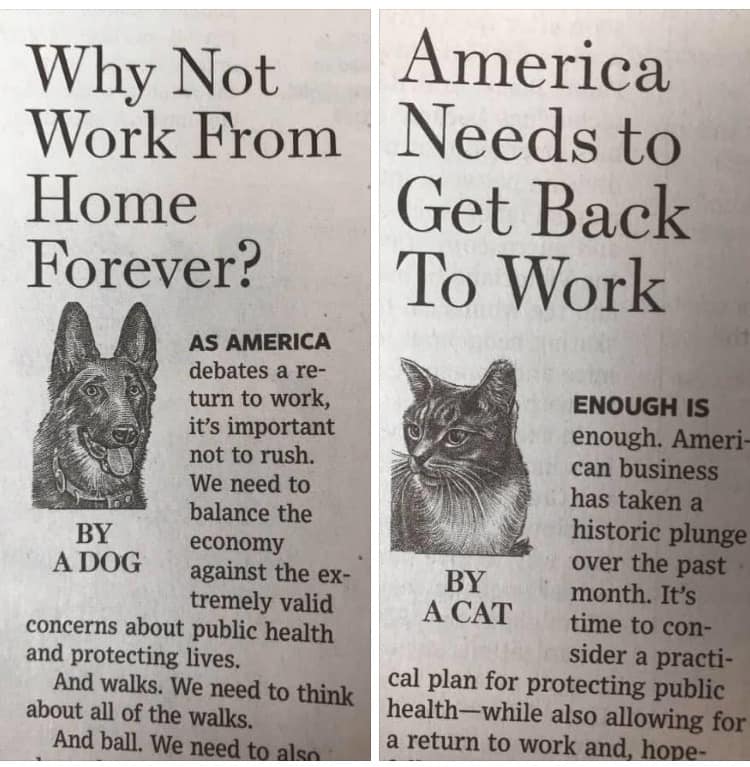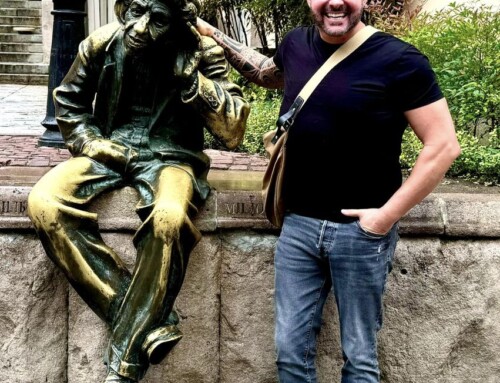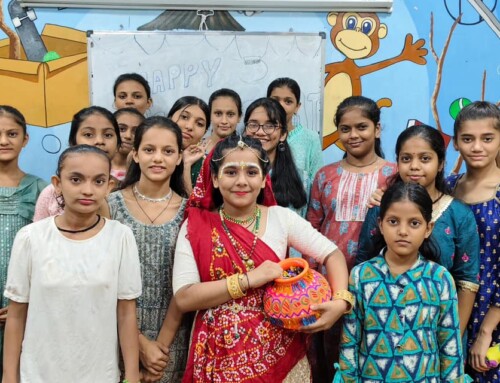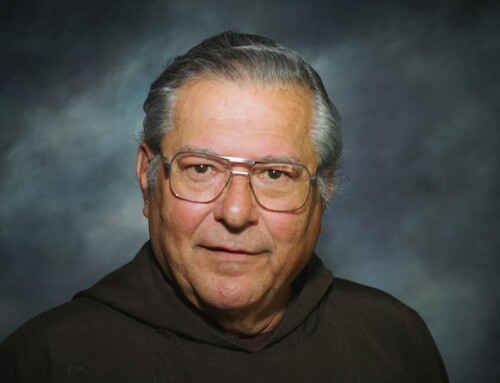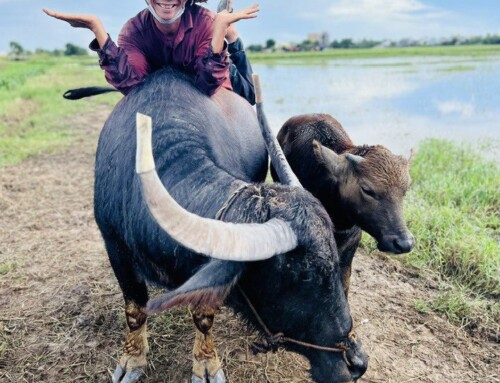Just today, I saw a Facebook post from a friend that hilariously illuminated how dogs and cats view the current Coronavirus quarantine. The dog asked “Why not work from home forever?” The cat was adamant in stating that “America needs to get back to work!” The divergent natures of these household pets bias their supposed opinions. The dog, ever craving the human touch, is elated that their human companions are locked at home, unable to go to work. They relish the extra love, attention and play time, courtesy of the quarantine. Cats however, solitary by nature, craving affection only on their own demanding terms, are ready for their human caretakers to return to work, allowing them to return to their heretofore privy and privileged lives, before this quarantine stole their privacy and peace.
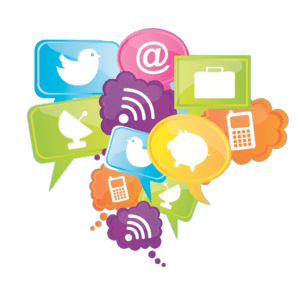 An ocean of social media posts decries the myriad reasons why the economy needs to re-open soon or why the quarantine must continue until a successful vaccine is found. It’s likely that none of us have sufficient information to make clear, well-reasoned, sound decisions, including the experts and policymakers. However, every day, more opinions are developed, shared and reposted with doubtless faith in the message and the source. It’s impossible to know with any certainty, who’s right or wrong. What we can learn however, during this global crisis, is how to better understand each other and to feel empathy for each other; to feel deeply the insecurity, fear and danger we are all feeling in very different ways.
An ocean of social media posts decries the myriad reasons why the economy needs to re-open soon or why the quarantine must continue until a successful vaccine is found. It’s likely that none of us have sufficient information to make clear, well-reasoned, sound decisions, including the experts and policymakers. However, every day, more opinions are developed, shared and reposted with doubtless faith in the message and the source. It’s impossible to know with any certainty, who’s right or wrong. What we can learn however, during this global crisis, is how to better understand each other and to feel empathy for each other; to feel deeply the insecurity, fear and danger we are all feeling in very different ways.
I am conflicted. While I enjoy the solitude and the extra time this quarantine affords me to write and contemplate my life and its direction, I am also concerned about the fate of my dental tourism business in Costa Rica. I love the extra time with my wife and children, as we take afternoon walks or spend the sunny hours of our days at the pool. Even while I soak up these wonderful days of love and happiness with my family, I am keenly aware that others are suffering. I also worry about our businesses and spend countless hours working to find solutions for our employees. While Costa Rica’s national borders are closed, our dental clinics also remain closed. We have laid off most of our staff and our business funds have run dry. Rent, salaries and monthly expenses are now being paid from our personal savings. I fear for many of our team members, who were unprepared for this crisis. We are doing the best we can to help them, but I know it will never be enough. If the quarantine continues for additional months, my business and many others will be in peril. I remain hopeful and continue to work every day to build our brand and to keep in contact with our team and to reassure them that everything will be ok. But none of us really knows.
This is my life. But what about the lives of so many others?
Some enjoy the peace and quiet of the quarantine. Introverts are quietly joyful that they get to stay at home in blissful solitude. They lounge in pajamas or sweatpants and relish the opportunity to telecommute or be counted as one of the millions of non-essential workers, who can take a couple of months to vacation at home.
“Essential” workers are hard at work, risking their health to keep our world moving, allowing the rest of us to have food, internet, gas, water, electricity and all of the other basics that most of us take for granted. While the masses are grateful for their dedication, many of these “essential” workers quietly resent that they must continue to work while others stay at home in comfort. It seems to many of them that “essential” is double speak for “expendable,” a feeling shared by many of these workers who feel trapped in thankless work, while feeling grateful to be employed.
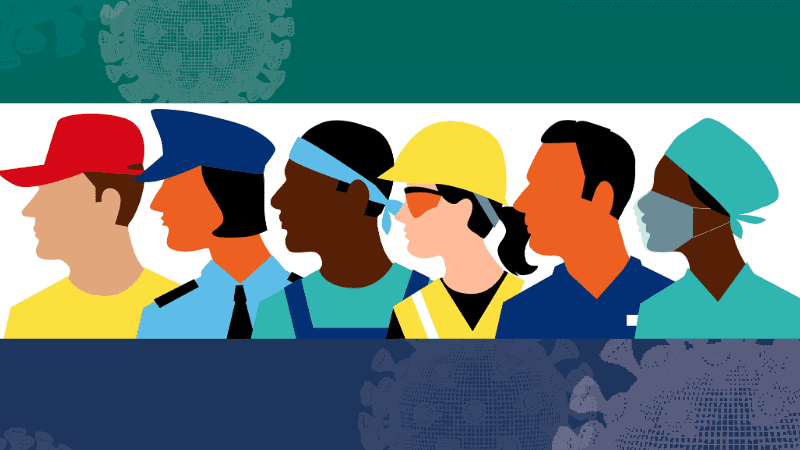
After one or two months of quarantine and “stay at home” orders, many millions of people have burned through their savings and are desperate to return to work. They may not have received their stimulus check and cannot afford to buy groceries. When the stimulus check arrives it will help, but it won’t help for long.
Many of us have lost our jobs and the insurance that went along with it. Families with children with special needs, medical needs or emotional needs are doing their best to balance life at home, since the schools have closed. Single mothers must now choose between going to work or leaving their children alone at home to attend online classes. Many homes lack internet or computers, making it impossible for their children to continue their education, putting them further behind. Some children come from abusive homes and are in real danger while schools are closed. Many children are hungry at home, unable to rely on their free school lunch that kept their bellies full for at least part of the day. Parents that have lost their jobs have applied for unemployment benefits, but due to the high demand, many have not received any support checks. They worry about what happens if the economy takes too long to open and their company is forced to close for good. Families will lose their health insurance, putting their children with special needs at risk. They will look for another job when the economy opens again, but their new insurance will not likely cover their child’s pre-existing condition.
Some of us, who live alone, may be facing day after day of painful loneliness. The uncertainty of losing their job only leads to deeper insecurity and worry. Their forced quarantine leaves them with too much time to think and ponder their precarious fate. They spend their days crying, wishing they could feel the touch of another, unsure of how much more isolation they can bear.
Some are awaiting life-saving surgeries that have been postponed because of the crisis. People with heart problems, diabetes and cancer wait for treatments, even while hospital staff are laid off. In the age of coronavirus, they feel forgotten. People awaiting kidney or liver transplants wait for organs. Some will die because of insufficient hospital staff or closed organ transportation services.
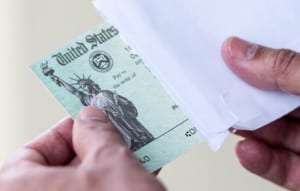 All around us are people that are benefiting from the crisis. My 94-year-old father with a fixed monthly income and veteran’s disability check will receive an extra $1200 in stimulus funding. He can’t leave home to spend it, so the stimulus money will go into his savings. Other senior citizens are in a similar position. I have older siblings living on pensions and social security. A household with two retired adults will get a windfall of $2400 in stimulus funds. The quarantine and “stay at home” orders do not diminish their income. In fact, they will make more money in April than in the months before or following the crisis. Others receiving unemployment are bringing in more money to support their households than when they were working. This is a great benefit for them.
All around us are people that are benefiting from the crisis. My 94-year-old father with a fixed monthly income and veteran’s disability check will receive an extra $1200 in stimulus funding. He can’t leave home to spend it, so the stimulus money will go into his savings. Other senior citizens are in a similar position. I have older siblings living on pensions and social security. A household with two retired adults will get a windfall of $2400 in stimulus funds. The quarantine and “stay at home” orders do not diminish their income. In fact, they will make more money in April than in the months before or following the crisis. Others receiving unemployment are bringing in more money to support their households than when they were working. This is a great benefit for them.
Some families of four will receive $3400 from the government stimulus while other hard-working families of four will not receive a penny. Entrepreneurs and sole proprietor business owners who may now be out of business, may receive nothing from the stimulus funds, while most senior citizens, who contribute little to the economy will receive $1200 each in stimulus funds. Some families worry about whether they will be able to use their boat this summer, while others wonder if they will have enough money to make it through the week.
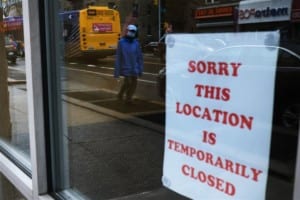
Small businesses employ almost 60 million Americans, representing almost 48% of the workforce. Most of these small businesses received no funding from the SBA Paycheck Protection Plan (PPP), while large, affluent companies like Ruth’s Chris Steakhouse received $30 Million in crisis funds. Imagine sacrificing and working your entire life to build a thriving small business, only to see it destroyed by our national response that leaves many businesses vulnerable and on the edge of closing for good.
Many restaurant servers, bartenders, beauticians and hundreds of other tradespeople desperately need to return to work because they don’t qualify for unemployment. Their savings now depleted, they must now choose between quarantine and putting food on their table. Food pantries in many cities are depleted and many food companies have closed, making it difficult for many to use community resources to feed their families.
Meanwhile, on social media, there are those that threaten or poke fun at those who state publicly that they may need to break the quarantine to open their business or to earn money. They are called “greedy” or “selfish” by people who have not considered their pain or their condition. Alternately, there are those that take unnecessary risks or enflame political tensions by marching with Confederate flags and parading with rifles slung over their shoulders to intimidate otherwise peaceful people
Some have had the virus and nearly lost their lives in an ICU. Others have had the virus and felt little more than a dry cough. Others know someone who has died from COVID-19, while most of us do not. Some of us are in high risk groups; perhaps immunocompromised, obese, diabetic, asthmatic or having any number of other conditions that keeps us fearful and locked inside our homes. Others are young and vibrant, unconcerned with the virus, but more worried about whether or not they will be able to graduate from high school or college, and whether or not this economy will supply them with a job, so they don’t have to start their new lives living at home with Mom and Dad.
Some are praying faithfully to their god, hopeful for a cure and for salvation from the deadly effects of the virus. Others question what kind of a god could possibly inflict such harm and still be worthy of prayers for salvation. Some go to church despite the quarantine. Others pray in desperation from the solitude of their homes. Many have lost all hope in a kind, loving god.
Some are hopeful that this crisis will be over soon. Others believe that our world will continue to feel the pain of this virus and the economic fallout for years to come.
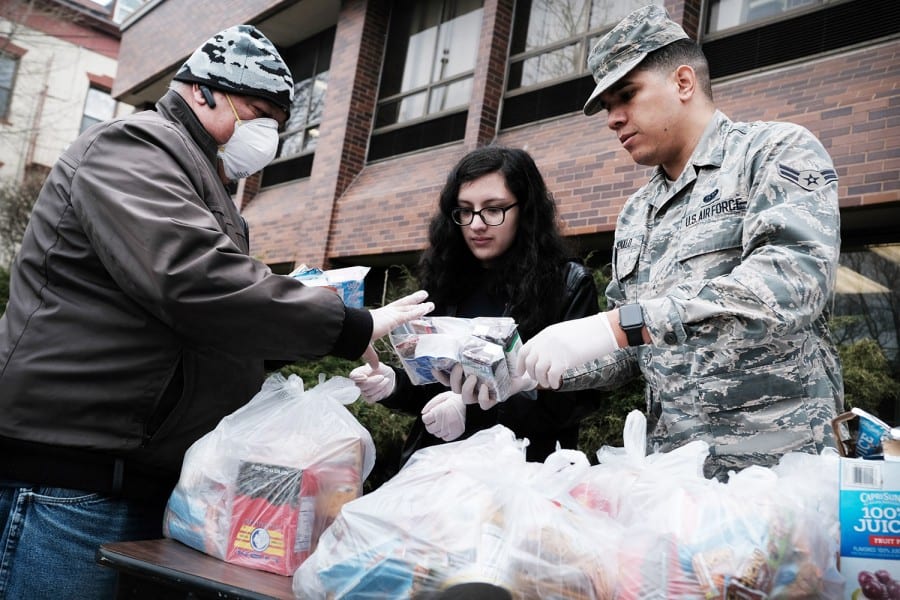
It is easy to post memes and social media posts that paint those who disagree with us as selfish idiots or fearmongers. These memes provide quick simple answers and catchy mantras that compare opening the economy with not finishing your antibiotics or claim that those who believe in an extended quarantine are liberals who want to destroy the economy. If your answer is simple, it’s probably wrong or at least incomplete. The questions we are all asking deal with difficult, multifaceted concerns that require multidisciplinary approaches to keep as many people safe from the ravages of the virus as well as the economic damage that will follow. People are dying. More people will die as a consequence of this virus, long after the virus itself has ceased being a threat.
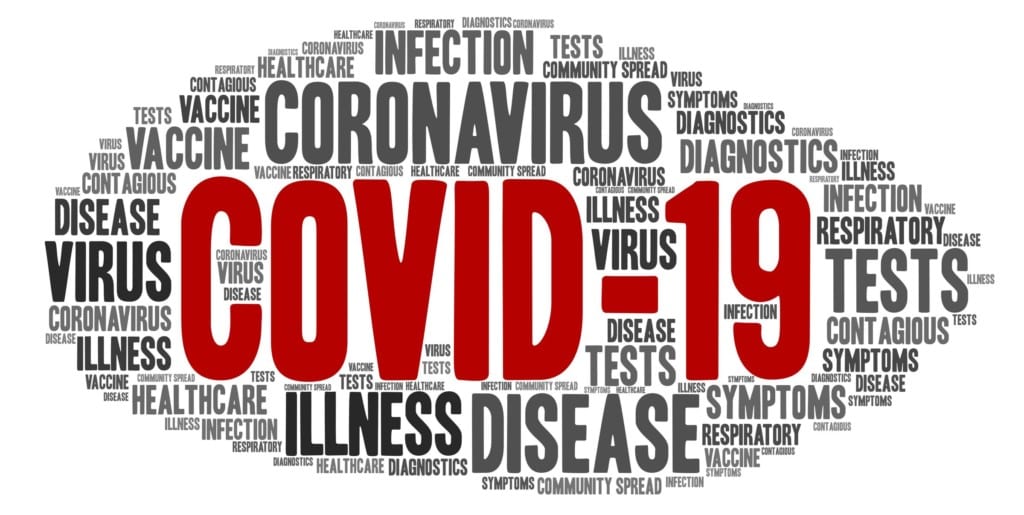
No one has all the answers. If they claim they do, they’re lying. The best we can do is to listen to each other and to try to understand each other’s unique perspective and life circumstances. We may still disagree, but we may just come to understand each other a bit better and to soften our words when speaking with each other.
Most of us don’t see the world the way it is. We see the world the way we are. I believe that most of us are self-centered, but intrinsically good. We view our world and each other from our egocentric perspectives, but we care enough about others to at least try to understand why someone’s views may differ from our own. It’s this desire to understand that opens us to empathy, to feel deeply another person’s pain, and to respond with kindness and generosity.
Before you post another meme that accuses, abuses or harms another, simply because they disagree with you and your opinion, please remember that all of us are feeling pain in varying degrees. We are all a bit confused and unsure what the future holds. We are all fearful of this storm that rages around us. We all see this storm differently and are threatened by the storm in different ways. It is the same storm for all of us, but how we see this storm and how we weather this storm will be different.
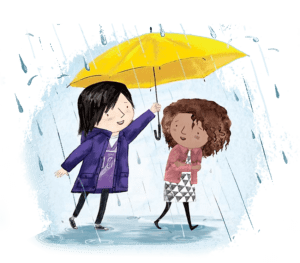 While the storm torments us and beats us down, let’s listen better and try to lift each other up. Let’s try to be less judgmental and try to understand each other more. Let’s set aside our anger, born of fear and embrace the fact that we are all just trying to do the best we can with less than we need.
While the storm torments us and beats us down, let’s listen better and try to lift each other up. Let’s try to be less judgmental and try to understand each other more. Let’s set aside our anger, born of fear and embrace the fact that we are all just trying to do the best we can with less than we need.
Let’s be good to each other.
Author: Patrick Goodness

